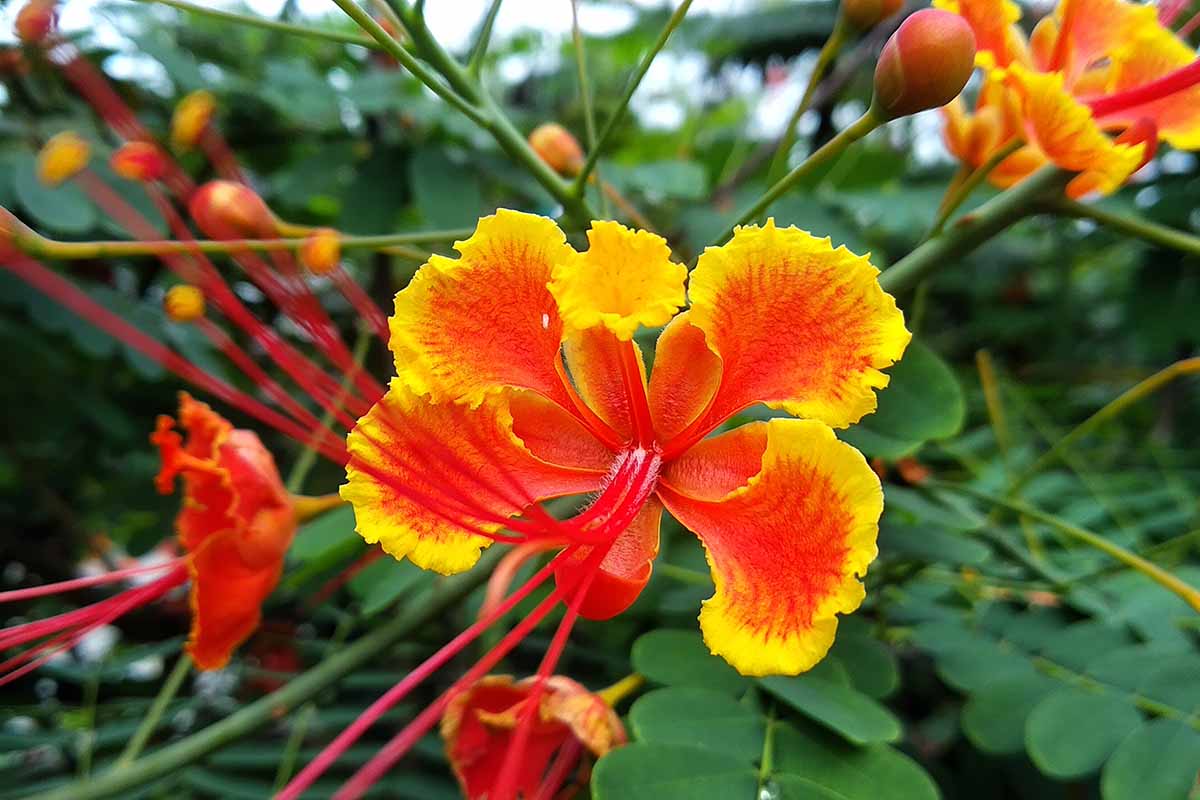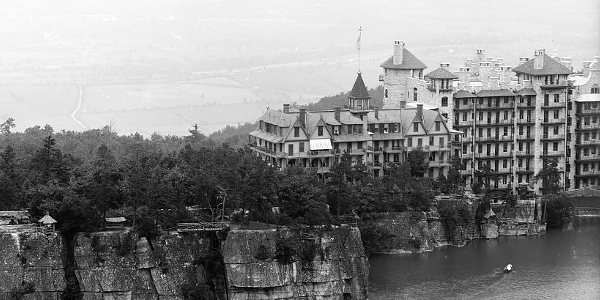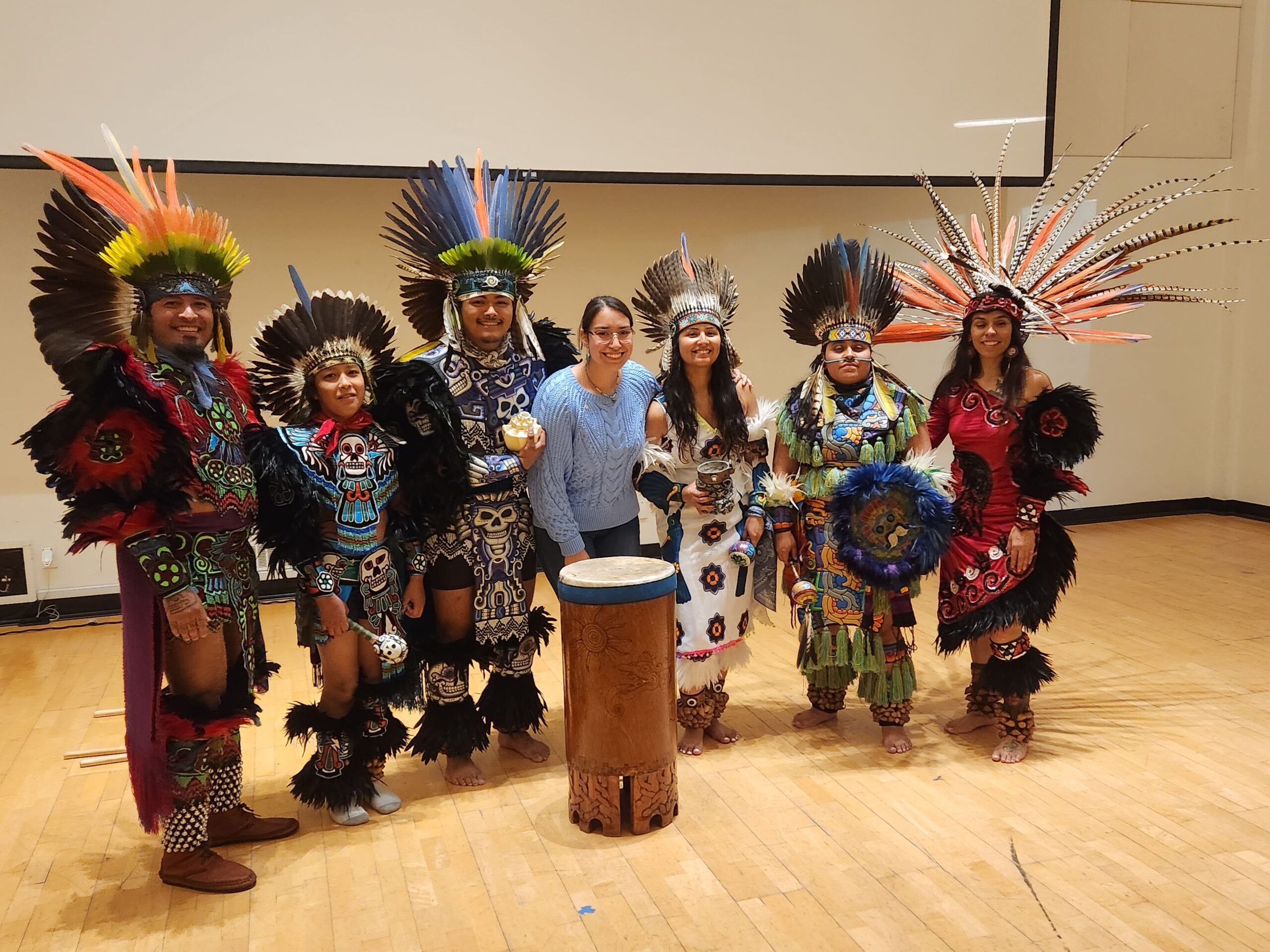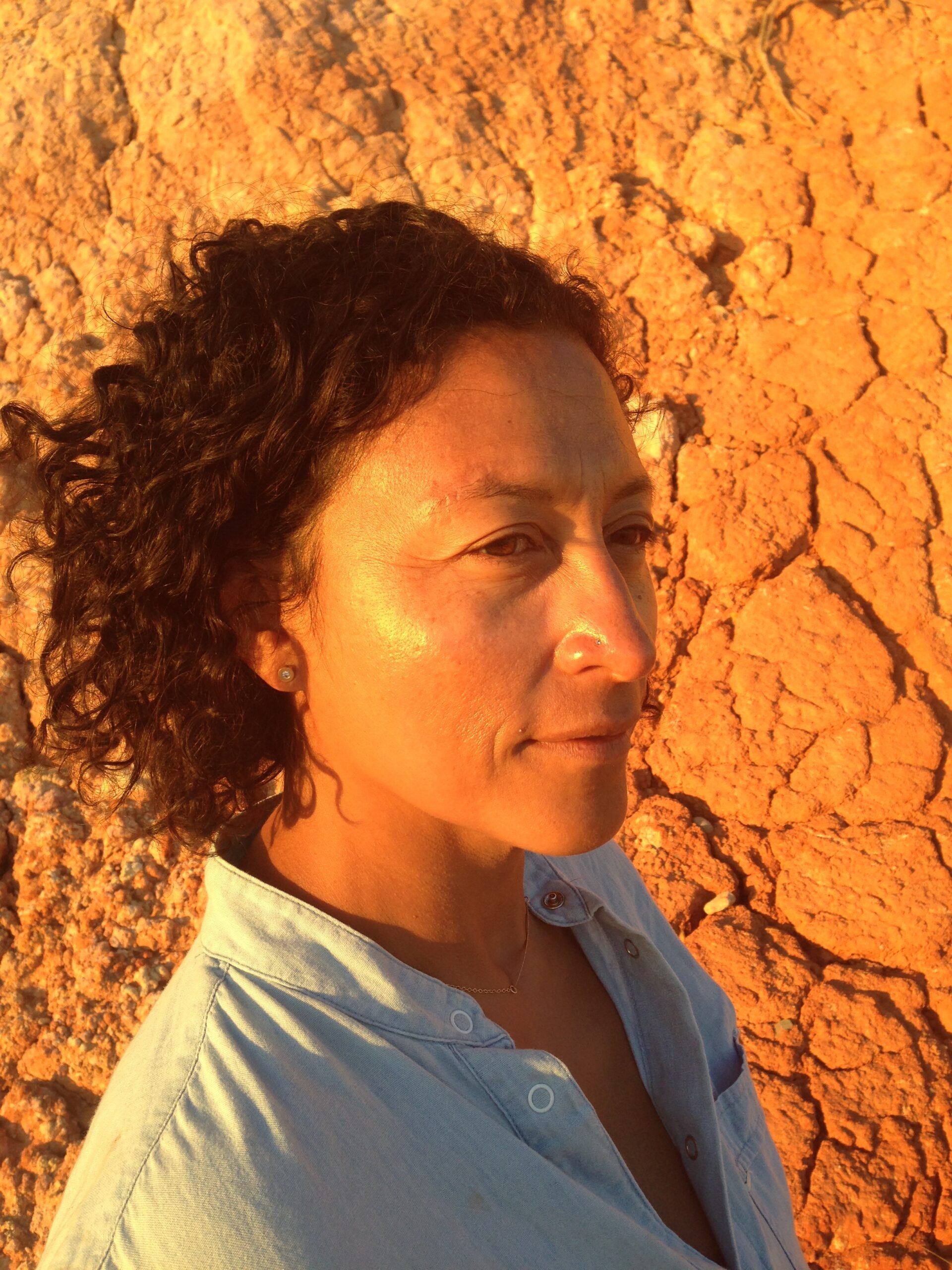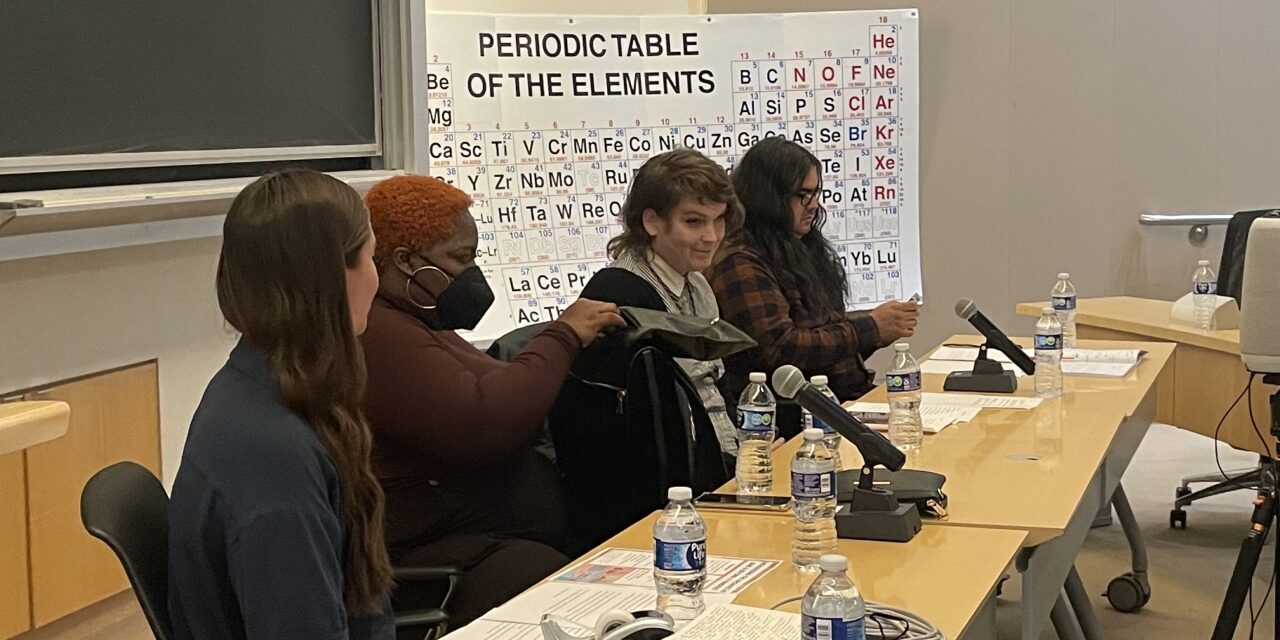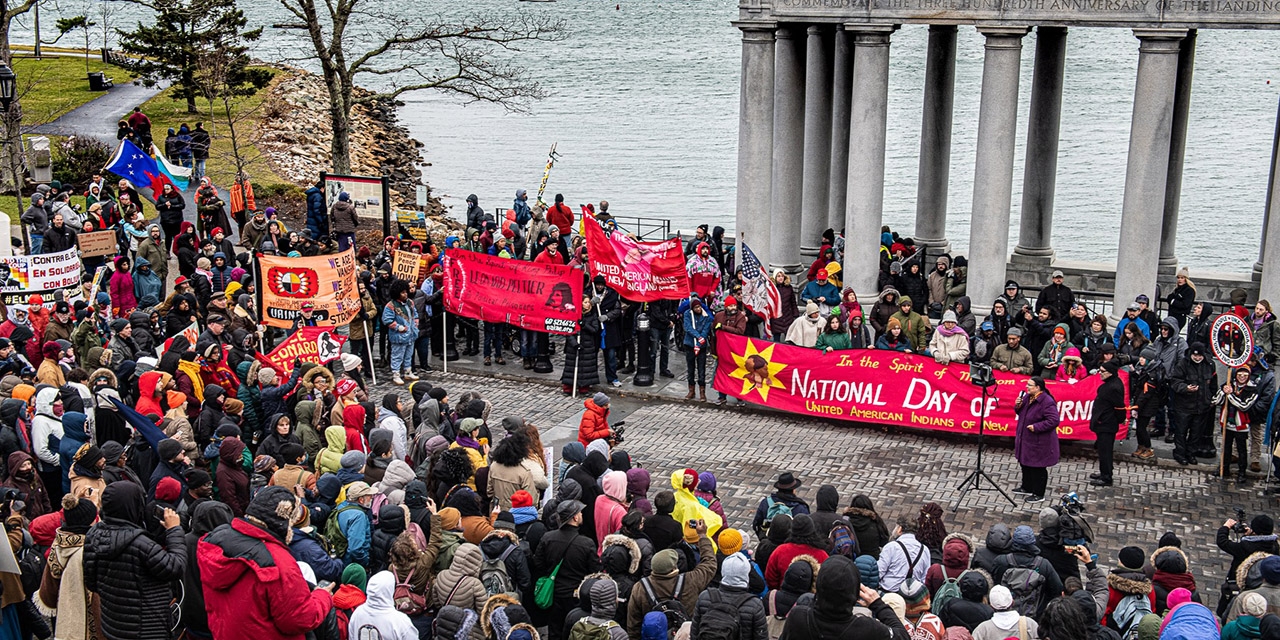The Importance of Herbal Medicine in Black and Indigenous Communities
The Importance of Herbal Medicine in Black and Indigenous Communities By Talaya Robinson-Dancy Disclaimer: It is important that you do not attempt herbal abortions without assistance from a professional, training, or without the understanding of how it will interact with your body. The COVID-19 pandemic caused a resurgence in the use and interest…
